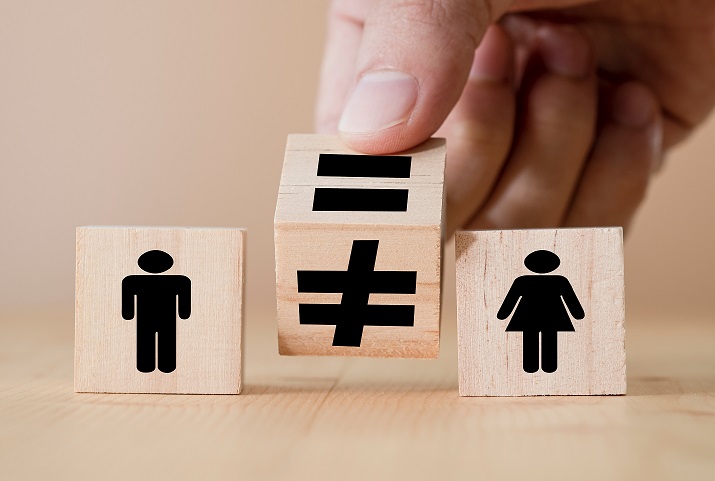March 2022
Author : Thomas Le Barbanchon, Julien Sauvagnat.
Contacts : thomas.lebarbanchon@unibocconi.it; julien.sauvagnat@unibocconi.it
 Electoral Competition, Voter Bias, and Women in Politics
Electoral Competition, Voter Bias, and Women in Politics
Summary:
Only a quarter of the members of the world’s national parliaments are women. Despite significant progress in recent years, women remain largely under-represented among elected politicians. This study provides some explanations for the under-representation of women in politics using data from the past seven French legislative elections. On the one hand, the analyses suggest that there is a preference bias among voters towards male candidates. In addition, political parties contribute to reproducing the under-representation of women in elected office by running fewer female candidates in constituencies where voter bias is high. To promote women’s access to political office, the 2000 law to promote equal access of women and men to electoral mandates and elective offices, also known as the parity law, requires French political parties to nominate women as 50% of their candidates or face financial penalties. As expected, the application of this law has led to an increase in the proportion of women candidates. However, this proportion is relatively lower in electoral districts where the vote is close compared to those where a majority is more easily obtained. In these competitive districts, paying a fine for not complying with the parity rule is more advantageous than the risk of losing the election by running a woman rather than a man. This suggests that parties still prefer to put forward male rather than female candidates to increase their chances of winning.
Key points:
- An increase of €200 in the gross monthly gender pay gap, in favor of men, increases the vote gap between male and female candidates in legislative elections by 1 percentage point in favor of men.
- A 10 percentage-point increase in the proportion of people reporting that men are better political leaders than women is associated with a 10% decrease in the number of women running for office.
- A 10% increase in the number of districts where the electoral race is close significantly reduces the effectiveness of the parity law: the share of women parliamentarians drops from 28% to 23%.
Ce message est également disponible en :  French
French



